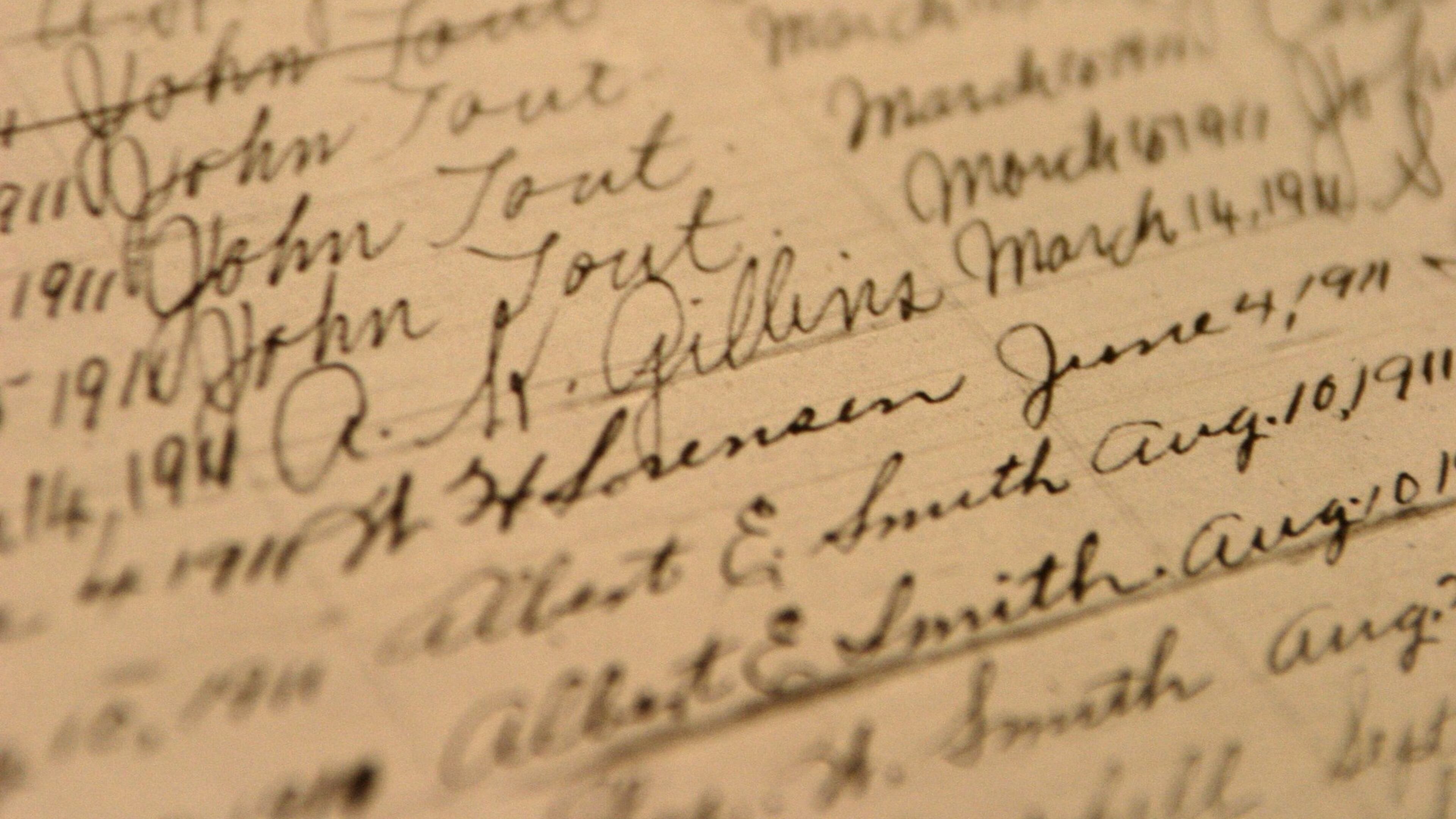Calendar changes can complicate records from the past

Contact Kenneth H. Thomas Jr., P.O. Box 901, Decatur, GA 30031 or gagensociety.org.
The calendar we observe — both the 12 months and the seven days of the week — mostly stems from Roman times. It’s the same system, more or less, that has been observed by our ancestors for more than 2,000 years.
Amazingly, the calendar still honors two Roman emperors, Julius Caesar (July) and Augustus (August), as well as Roman gods and goddesses, including June (Juno) and March (Mars).
Latin is still seen in the four months that started off being the seventh through 10th months, and even though the calendar got rearranged, they were never renamed (September, October, November and December).
The seven days of the week were each assigned a planet, as well as the sun and the moon, in olden times, hence their names Sunday (sun) and Monday (moon).
The next four days honor Norse gods, including Woden and Thor. Saturday is Saturn’s day.
It was not until 531 A.D. that a monk decided to figure out when he thought Jesus’ birth occurred and created the system of A.D. (Anno Domini). The various calendars in Europe didn’t all agree, due to the input and changes of emperors and popes, and it was not until 1752 that the British Empire finally agreed to join the others in accepting the Gregorian calendar (first implemented by Pope Gregory XIII in 1582).
That caused the founding of Georgia (now Feb. 12) and Georgia Washington’s birthday to be changed, adjusting the latter from Feb. 11, 1731, to Feb. 22, 1732. In September 1752, British citizens lost two weeks with the calendar adjustment.
Our farming ancestors may not have been affected by all these changes, but the records would have been, so it’s well worth noting what was going on and how to adjust the dates accordingly. In early American records, we often see the terms O.S. (old style) and N.S. (new style), reflecting the dual calendars in use before the 1752 change.
Promoting local history
It never hurts to check out your city or county’s promotional brochures at the local tourism booth or welcome center to see what is being said about the history of your area. You might find out something interesting you didn’t know, or that might need adjusting. We should always strive for accuracy in publishing local brochures, but sometimes communities tout things that get twisted about, so always check out what is being published.
Funeral home records
Funeral home records, while privately created, can provide good information for genealogists if they can be located and preserved. Try and find out if your community’s funeral home records have been donated to a local archives or library.

